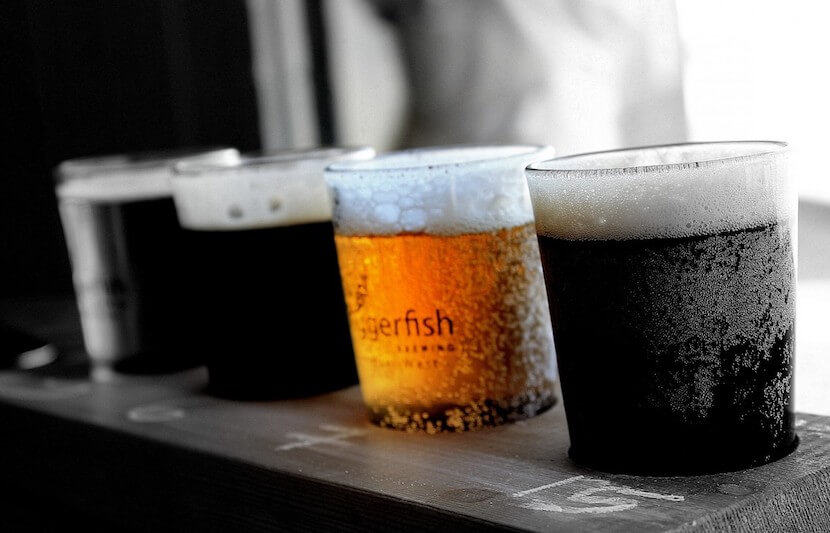Drinking is more common for college students than mom or dad might hope. Nearly 60 percent of students, ages 18-22, admit to drinking at least once over the course of a month.
But it isn’t, necessarily, the occasional drink that has parents, friends and doctors concerned.
Instead, it is the fact that, of the students who admit to drinking, nearly two out of three claimed to have binge drank in the same timeframe.
Binge drinking — consuming a lot of alcohol in a short amount of time — comes with many immediate health concerns, including the risk of vomiting, passing out and loss of coordination.
But if young people make excess drinking a habit, they can develop long-term health problems, such as high blood pressure, increased risk of heart attack and organ inflammation, among others.
Despite health concerns, some people consider excess drinking while in school as a rite of passage, justified by an intention to stop drinking as much after graduation. However, a new study suggests that slowing down might not be easy, and students probably shouldn’t shrug binge drinking off as “just a college thing.”
Researchers from Rutgers University and Yale University found that binge and heavy drinking can cause long-lasting genetic change that can increase an individual’s craving for alcohol.
“We found that people who drink heavily may be changing their DNA in a way that makes them crave alcohol even more,” Dipak K. Sarkar, Distinguished Professor in the Department of Animal Sciences at Rutgers-New Brunswick and senior author of the study, said in a statement.
“This may help explain why alcoholism is such a powerful addiction, and may one day contribute to new ways to treat alcoholism or help prevent at-risk people from becoming addicted,” he continued.
By comparing groups of moderate, binge and heavy drinkers, the researchers found that the frequent and heavy drinkers had damaged the functionality of two types of genes in their bodies — one that influences the body’s biological clock and another that regulates stress.
These gene mutations could explain people’s inability to control their drinking behavior and alcohol intake.
A paper describing the study is published in the journal Alcoholism: Clinical & Experimental Research.
This research is intended to provide insight to develop new methods for treating alcohol addiction.
It comes at a pivotal time, as more than 3 million people died from alcohol abuse in 2016 alone — accounting for 5 percent of all global deaths, according to a World Health Organization report.



